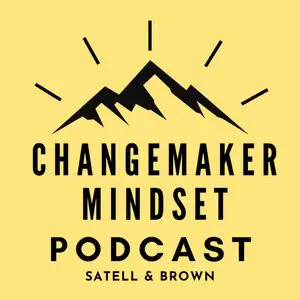In the fall of 2021, 600 young people shared their unique experiences in science and math, technology and engineering while they were in pre-K through 12th grades. What they told us took our breath away:
Others assumed I wasn’t any good.
I wasn’t taken seriously.
I was looked down on for my gender, the only person of color in the room.
I felt like an imposter.
I guess I’m just not a math person.
I won’t lie: Hearing these words from young people around the country was hard. The organization I lead, 100Kin10, had prioritized listening to people from communities most excluded from STEM opportunities in school and in the workplace: Black, Native American, and Latinx. We believed that if we understood the experiences at the margins of our education system, we could better inform changes that could uplift all students and schools. We expected to hear about curriculum, labs, extra-curricular activities, field trips, teachers, classes. And we did.
But in 94% of testimonials, young people talked about whether they felt they belonged in their STEM classes. That feeling of belonging was the most important predictor of whether they persevered in STEM.
Read the full article here


